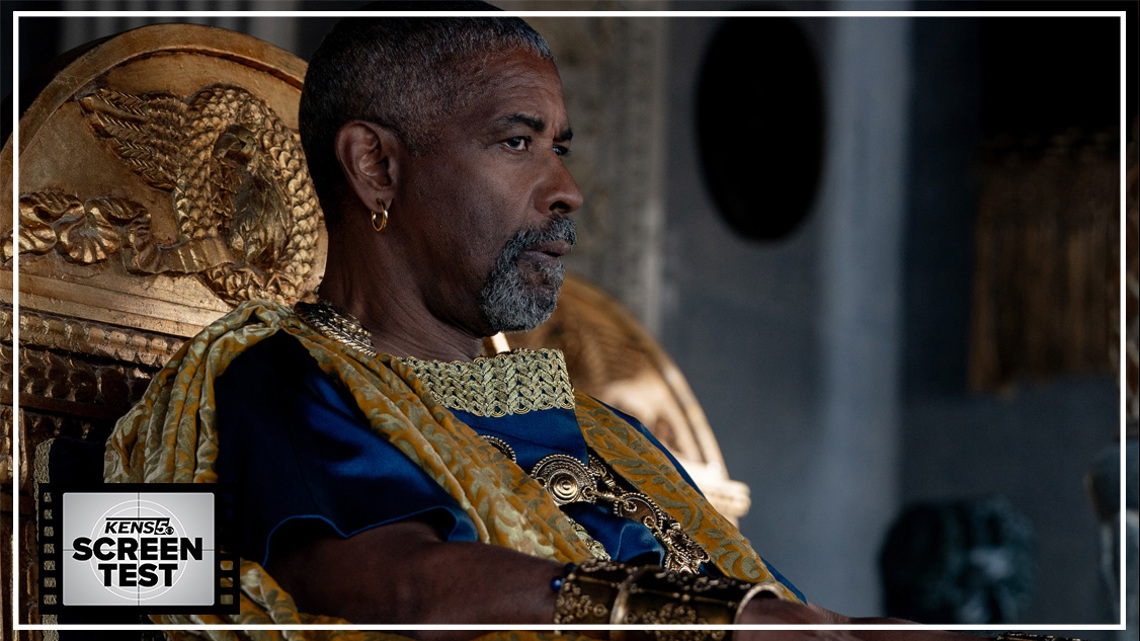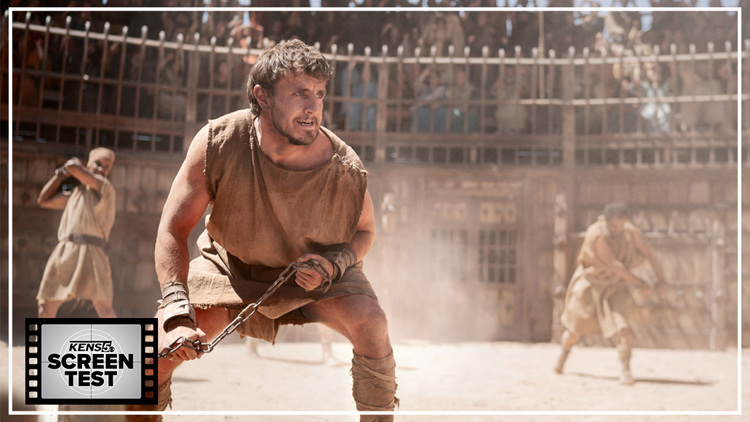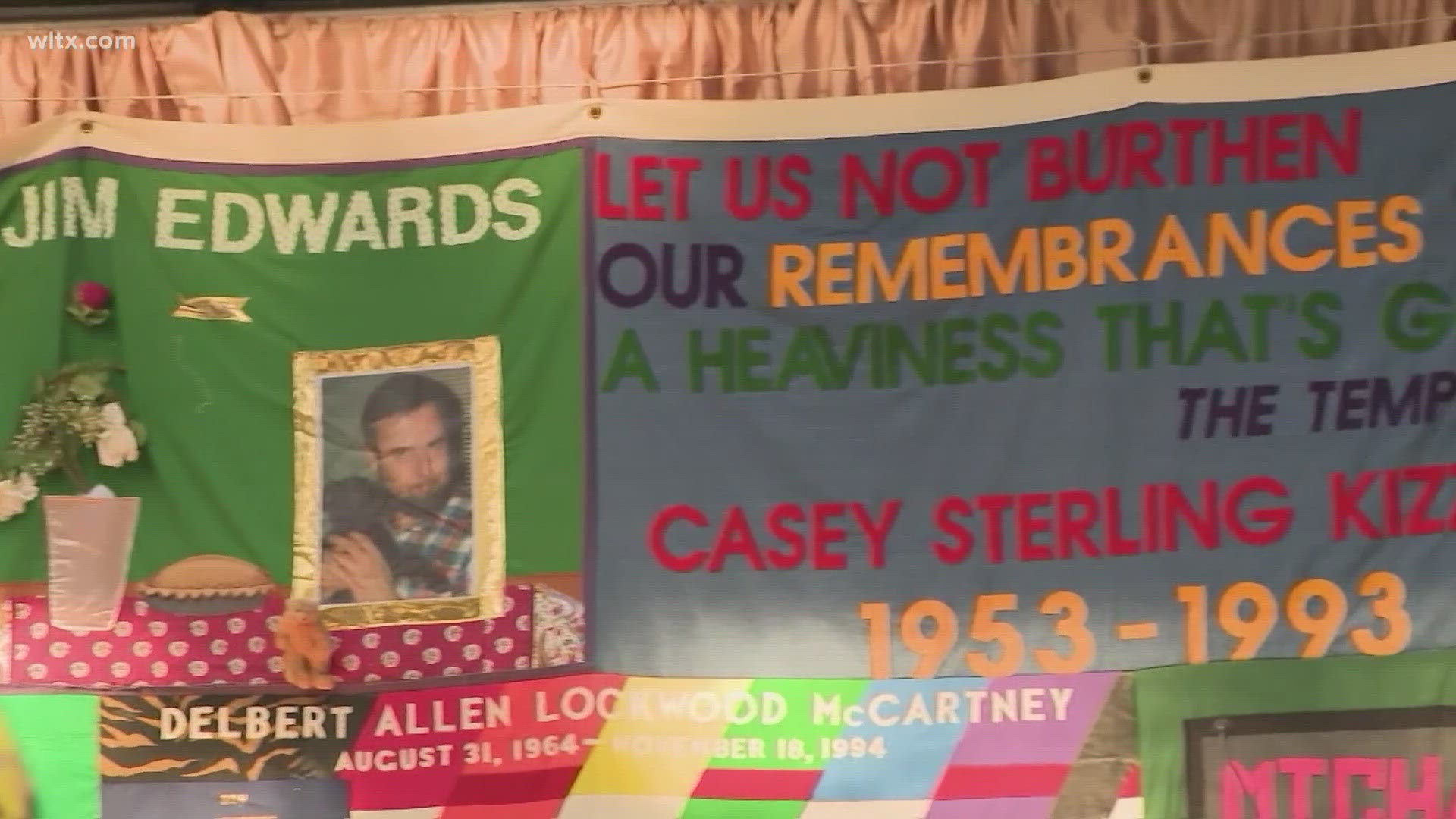USA, — When Ridley Scott’s “Gladiator” stormed the box office and Academy Awards ramparts at the dawn of the 20th century, it did so at a turn of the Hollywood tide.
Returning its legendary director and a historically reliable genre to the industry mountaintop where it could see something gathering on the horizon – an adjustment in mainstream tastes, a gathering storm of cinematic risk-taking – the film and its creators were nonetheless able to celebrating the fact that an old-school, swords-and-sandals epic still meant something in the wake of Quentin Tarantino, Spike Jonze and David Fincher’s emergence. That “Gladiator” was enlivened by the a Russell Crowe at the peak of his powers and the latest advancements of a little tool called CGI to make the Coliseum look more breathtaking than we could have imagined only further speaks to why it endures as a historical milestone for movies, a melding of the new and the old which can feel new again.
Just as instrumental was the straightforward simplicity of its revenge story, the kind of narrative framework that smart filmmaking and a movie star performance can fully draw the potential out of. “Gladiator” endures because of how its gathering-storm momentum roars ever loader as Crowe’s General Maximus is discarded, discovered, empowered and ultimately victorious once again. Scott and his writers insisted on going against contemporaneous trends to produce something epic, which makes it that much more disappointing and dumbfounding that his long-awaited sequel capitulates to the worst of blockbuster tendencies 24 years later—namely, scaling things up to cataclysmic stakes without doing the same in our hearts, brains or guts.
“Only the hopes of those who dare to dream remain,” the opening of “Gladiator II” intones, indirectly honoring the longevity of its 86-year-old director’s career while setting the stage for an epic where concepts like hopes and dreams may or may not take a finer shape. It opens satisfyingly enough: Paul Mescal’s steel-eyed commander Hanno sizes up an approaching Roman army led by General Acacius (Pedro Pascal), charging hard across a screaming sea to the north African nation of Numidia and eventually arriving at a clash where the organized cinematic chaos runs counter to the sleekly orchestrated action of, say, “Dune 2.” The spectacle is diverting—bloody, loud, occasionally shocking, pass the popcorn. When Hanno’s wife is killed, him captured and his city seized, however, you can already sense how Scott and screenwriter David Scarpa might be trying to locate the footprints in the sand of the prior movie instead of charting a new, more surprising path.
So sail on we must, hopes and dreams still in hand, though they’re waning fast for Hanno as he sits chained and peering toward Rome in the distance. “Gladiator II” unfolds 16 years after Maximus died for Emperor Marcus Aurelius’ vision of a more socio-politically prosperous future for the city; instead, it’s become diseased by corruption under twin emperors who indulge more effectively than they rule. The crowds in the Colosseum roar louder, their bloodlust stronger in the absence of direction.
That Colosseum is such an iconic element of the first movie that you might feel yourself nodding to it here like an old friend; the scale is huge, as is expected. But in time it ends up feeling anonymous with all the story poking in from all sides, the familiarity of Hanno’s survivalism-turned-ascendance sharing a 148-minute runtime with a disgruntled Acacius; his careful wife Lucilla (Connie Nielsen), returning from the first film; the childish tyrants Geta (Joseph Quinn) and Caracella (Fred Hechinger); and Denzel Washington’s scheming, scene-stealing Macrinus, by far the movie’s most interesting element. It’s a spaghetti bowl of haphazardly developed characters that has just enough sauce for haphazardness to briefly not matter in the arena, where the intensity of fights involving monkeys, sharks, ships and rhinos churns out some rogue moviegoing charm. Prepare to wince, and prepare to laugh in disbelief not long afterward.
The same sense of careful tonal execution doesn’t extend to the rest of Rome, its palaces, Senate halls or dungeons—all places that are carefully manicured but strictly linked to the beats unfolding there. Hanno’s enslavement. The outskirts arena (let’s call it Colosseum RPX). The headlining arena (let’s call it Colosseum IMAX). Allies. Inspiration. Battle.
It’s the same playbook as the first film, but stuffed with addendums that keep the “Gladiator II” unfocused and on unsteady ground when it comes to channeling the dramatic energy needed for much of it to work. The exception is Macrinus, whose genuinely surprising evolution – enlightened by Washington’s sheer just-go-with-it playfulness – at least gives some kind of backbone to Scott and Scarpa’s decision to extrapolate one man’s anger to an entire city ready to burn itself down. The vividness and intensity doesn’t grow in kind, but Washington gives such a rapscallion turn that it at least complicates the matter of who we should be rooting for come the climax.
Then again, that confusion might be less about peering through the flames to find a savior than seeing where the fire’s burning in the first place. Scarpa’s script is too busy winding itself around to meet the story’s beats that it all all feels like shorthand, the drama contrived, the reveals incidental. “Gladiator” was operatic, its setting believable because it was part and bloody parcel with Maximus journey, each step of which was easy to discern and be moved by. “Gladiator II” turns that structure – as clear and as obstacle-free as the wide-open Colosseum itself – into a maze, tossing his characters in at different points and stumbling into a soap opera in their brief encounters.


So what went wrong? I’m disinclined to say Scott, 86, has lost his luster with age. Clint Eastwood is seven years his senior and just delivered perhaps his best movie in decades. Scott himself directed the sharp and utterly contemporary “The Last Duel” just a few years ago, and last year’s “Napoleon” at least had a perspective. Perhaps Scott felt the pull of the inevitable before the allure of an idea when it comes to this sequel; the only thing grander than a big-screen epic is the prospect that an eventual follow-up could live up to its legacy. There’s ambition in “Gladiator II,” to be sure. There’s also a temptation to burden itself with the mere implications of conflict so we can’t see the absence of conflicts' roots; nothing is more disorienting or disappointing than watching as Hanno the Rome hater turns into Hanno the Rome savior with little notice as to why.
Mescal, at least, puts in interesting work. The rising star has cut his teeth in recent years in lethally sensitive roles (“Aftersun,” “All of Us Strangers”) and it’s amusing that his Hanno is a primal warrior to Crowe’s mournful combat master. Mescal’s performance and Hanno’s disdain for Rome lends an edge to “Gladiator II,” but the movie neglects to sharpen it; sharp as the young actor’s blue eyes are, the heir apparent to Crowe’s revenge-obsessed warrior can’t cut through the feeling that the best of “Gladiator’s” recycled elements are simply getting a nice new visual sheen. The beasts may snarl louder and the blood gleaming redder, but “Gladiator II” hardly fights for itself as a sequel worth waiting nearly a quarter-century for, and not one itself chained by expectations. It’s as wobbly a watch as a gladiator with one leg sliced off.
"Gladiator II" is rated R for strong bloody violence. It's now in theaters. Runtime: 2 hours, 28 minutes.
Starring Paul Mescal, Denzel Washington, Pedro Pascal, Connie Nielsen.
Directed by Ridley Scott; written by David Scarpa.
2024
---
MORE REVIEWS:



